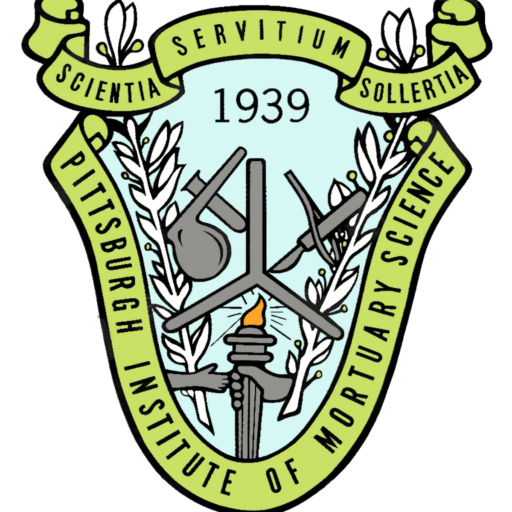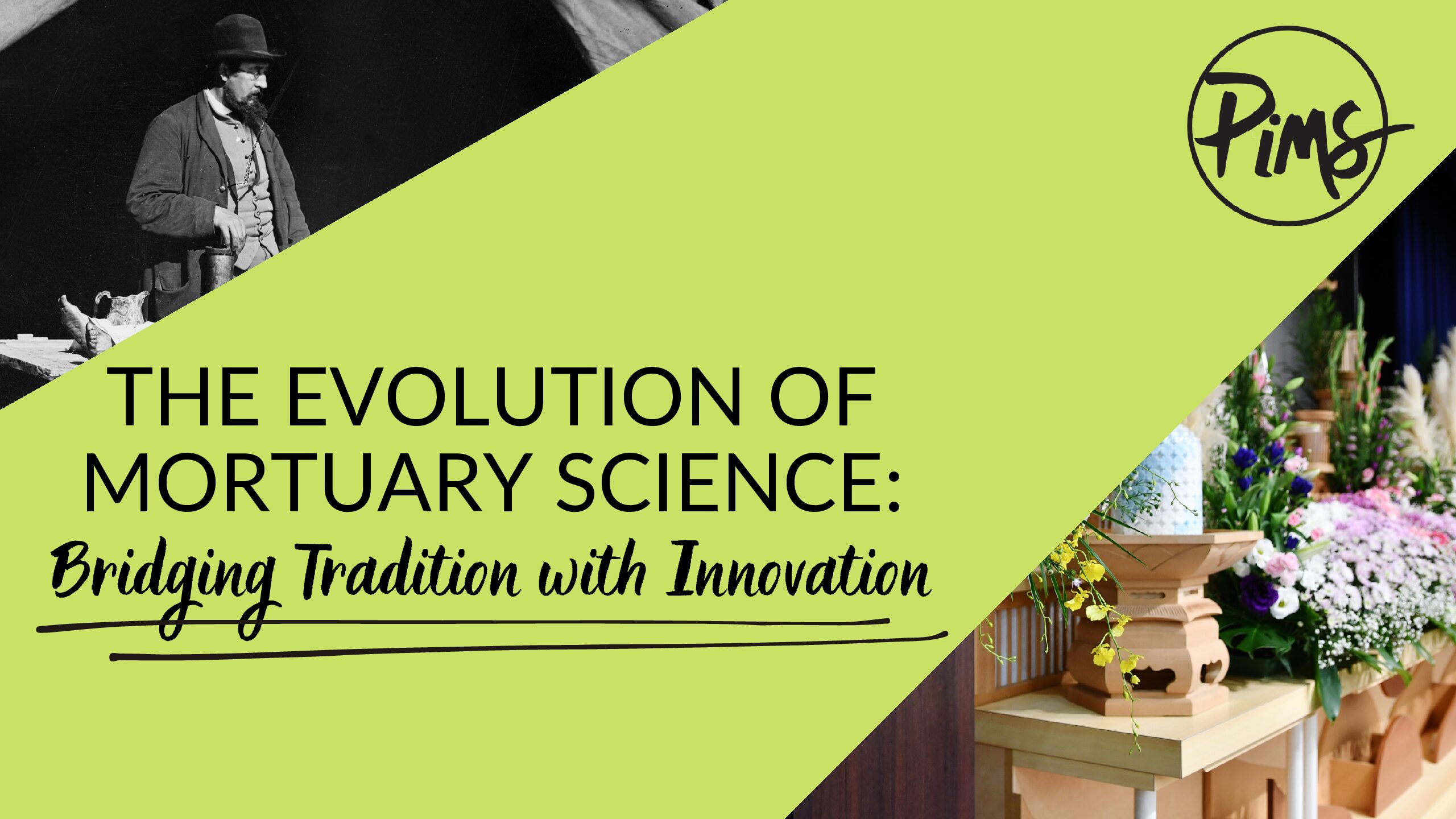As most industries have evolved over time, the mortuary science industry has had its own changes over the years. However, the history of technology and education in mortuary science has not evolved as rapidly as in other industries. Let’s take a look at the evolution of mortuary science and how industry bridges tradition with innovation.
Mortuary Science and Technology
The internet and other technology is now a key part in both the funeral industry and mortuary science education, but that doesn’t mean traditional physical paperwork isn’t utilized. Many funeral homes still have physical records on file, but that may change in the future as technology evolves. There are also a variety of ways to help families and improve efficiency using internet archives and databases. One can help locate graves of a family’s ancestors, find precise information for a death certificate, or find the perfect poem for a prayer card. Many funeral service professionals also utilize social media as a way of connecting with each other to share ideas, ask advice, learn new methods for embalming, as well as sharing in the bonded community of funeral service.
Funeral Traditions
Funeral service has a unique way of evolving and not evolving all at once. Funeral traditions vary greatly by culture, region, religion, and familial tradition. Some are somber, some are loud, some are hands on, and some are essentially scripted. But as more of the American population becomes “unchurched,” or finding themselves without a lifelong link to a particular church, many are opting for a “celebration of life” after losing a loved one.
At PIMS, we offer Certified Celebrant Training to help funeral service professionals learn how to best design a service that is meant to be impactful and personal. As we become a society more focused on personalization, we try to tie these old traditions in with new ones. For example, in the 18th and 19th century, funeral biscuits or candies were handed out to mourners at funerals. While not every funeral specifically has something like cookies or candies, some funerals will hand out a token to guests that they associate with the deceased. Be it a recipe on the prayer cards, a butterfly charm, or even sparklers, Certified Celebrants are finding all kinds of beautiful and unique ways to truly celebrate the life that was lived.
Mortuary Science Education
During the Civil War is when embalming really became a common practice. This is because many soldiers did not want to be buried on enemy soil, and without preservation their bodies would not have made it back home. Therefore, it was crucial to train aspiring embalmers in a formal setting.
In 1882, Joseph Henry Clarke opened up the Clarke School of Embalming, which began the trend of other mortuary education schools opening all over America. While technology has become a fairly large part of mortuary science education, embalming is obviously still a hands-on, in person craft–you cannot learn the delicate and intricate process just by watching videos.
With the increasing popularity of cremation, cremation certification is also part of schooling. In the past, crematories were very simple with only a couple of buttons and a temperature gauge. But nowadays, retorts can be run by intelligent computer programs that diagnose and remedy problems during the cremation process.
As new methods of disposition emerge, such as green burial, composting, and alkaline hydrolysis, it is important for funeral service professionals to be educated and receptive to the needs of each family they serve. While these methods are not common today, who knows where we will be in 20 years? Without the ability to adapt to the changing trends and the technology associated with them, one would be doing their community a huge disservice.
Final Thoughts
The mortuary science industry has stayed the same in fascinating ways, yet has also changed as technology, equipment, embalming methods, and social awareness grow. If you find that you are fascinated by funeral service and want to learn more about getting yourself in the industry, you can learn more here!








